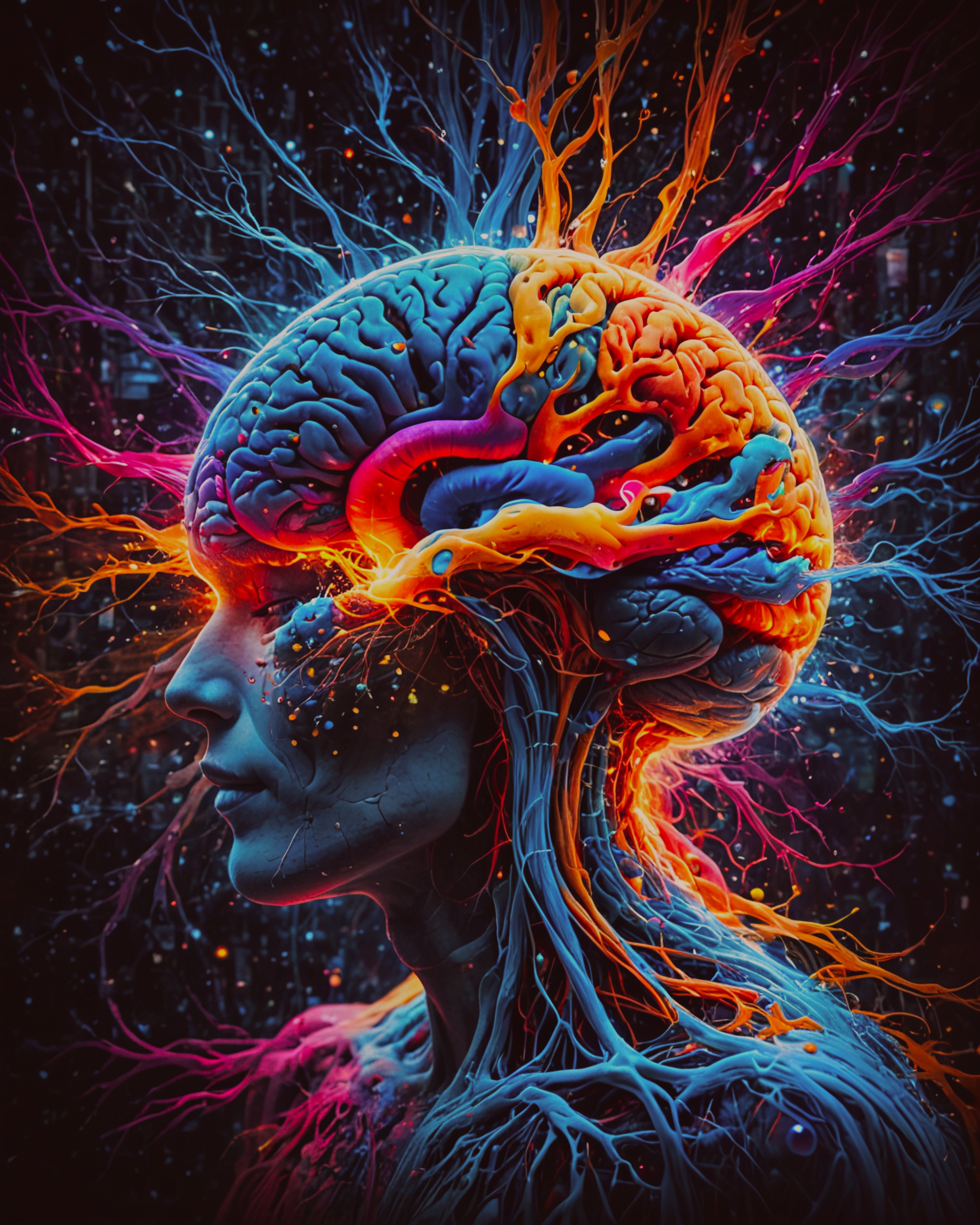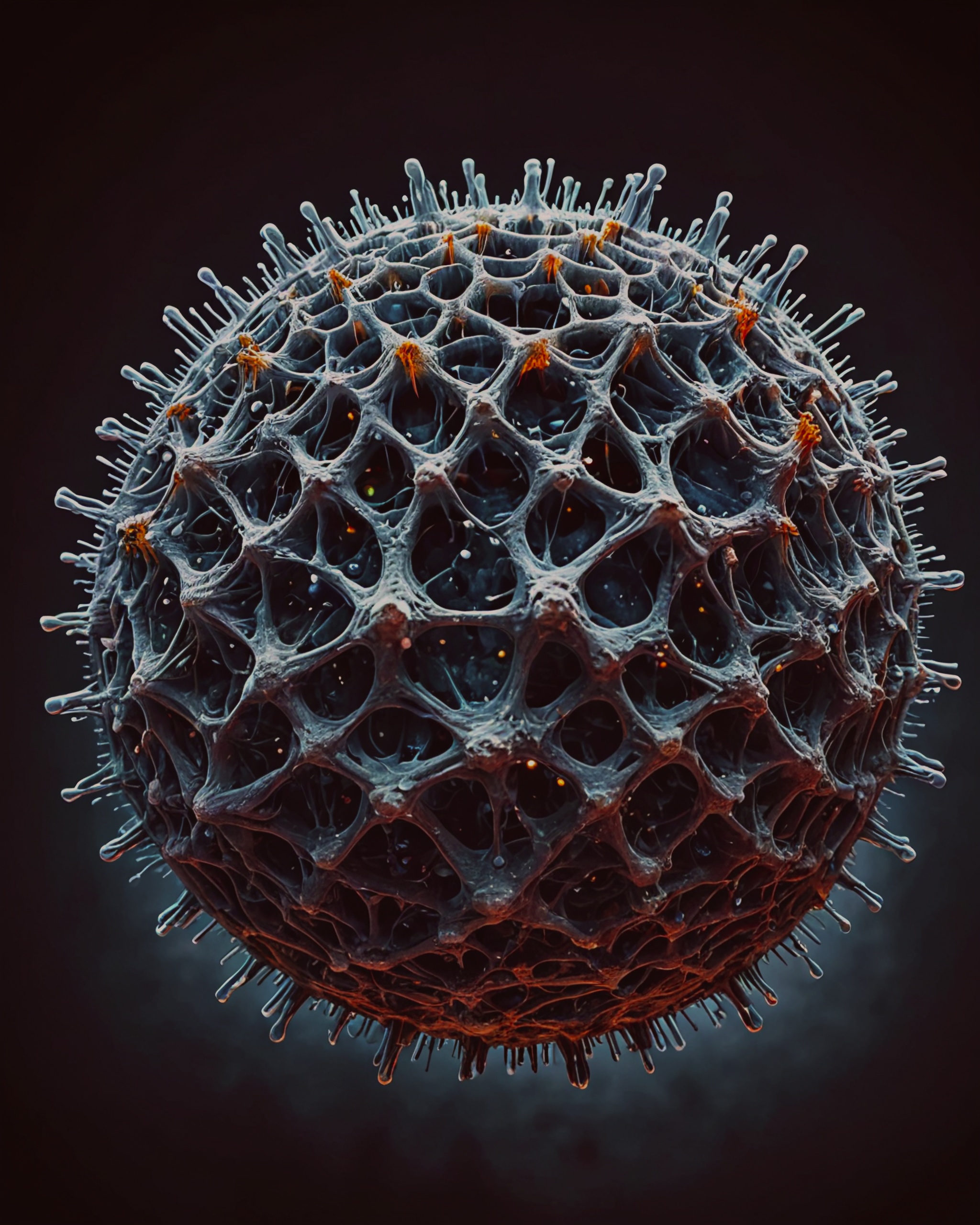A new pill that gradually releases ketamine could treat severe depression without the psychedelic side effects commonly associated with the drug, according to early trial results released on Monday.
Initially developed in the 1960s as an anesthetic, ketamine gained notoriety as the party drug “Special K” due to its hallucinogenic and dissociative effects. However, increasing research has shown that ketamine is effective for about a quarter of people with depression who don’t benefit from standard antidepressants.
Ketamine has been prescribed for depression in many countries for years. For instance, US billionaire Elon Musk told CNN in March that he regularly uses a small prescribed dose of ketamine, which he finds “helpful for getting one out of the negative frame of mind.”
Traditionally, ketamine has been regulated intravenously in facilities. All the more as of late, a nasal splash utilizing a subsidiary called esketamine has acquired prevalence. The two strategies can cause secondary effects, for example, separation, hypertension, and a raised pulse. Additionally, there are worries regarding the possibility of abuse.
The new pill, detailed in the journal Nature Medicine on Monday, takes more than 10 hours to break down in the liver, according to lead study author Paul Glue from New Zealand’s University of Otago. “The exciting feedback from patients is the lack of side effects – no euphoria, no dissociation,” said Glue.
The phase 2 trial involved over 270 people with depression who had previously tried an average of four different antidepressants. More than half of those taking the ketamine pill went into remission, while 70 percent of the placebo group relapsed after 13 weeks.
Julaine Allan, a mental health and addiction expert at Australia’s Charles Sturt University who was not involved in the study, praised the trial but emphasized the need for further research. She noted that ketamine does not work for everyone and its positive effects may diminish over time.
Michel Hofmann, a psychiatrist at Geneva University Hospitals, expressed enthusiasm for ketamine’s potential in treating depression. “For patients who don’t respond to conventional drugs, ketamine offers a way to avoid electro-shock therapy,” he said. Electro-shock therapy, though effective, can cause memory loss and is often feared by patients due to its portrayal in films like “One Flew Over the Cuckoo’s Nest.”
Some psychiatrists remain cautious about prescribing ketamine for depression, concerned about potential misuse. Last year, “Friends” actor Matthew Perry’s death from a ketamine overdose highlighted these fears. US police are investigating how Perry obtained the doses that caused his death, as he reportedly had not had a supervised infusion session for several days.
Quick-acting ketamine has shown promise in previous research for helping patients considering suicide. However, there is concern that widespread use could trigger a new opioid-style crisis, as noted by Oxford researcher Riccardo De Giorgi in a 2022 BMJ editorial.
The slow-release pill could mitigate some concerns by eliminating the side effects sought by recreational users. Despite this, some side effects were still reported, including headaches, dizziness, and anxiety. More research, including phase 3 trials, is needed before the drug can be reviewed by national medicine agencies. According to Glue, it will be at least two or three years before patients could potentially access the pills.
Miracle Ketamine Panacea Frees Minds from Crippling Depression, Early Trial Reveals


